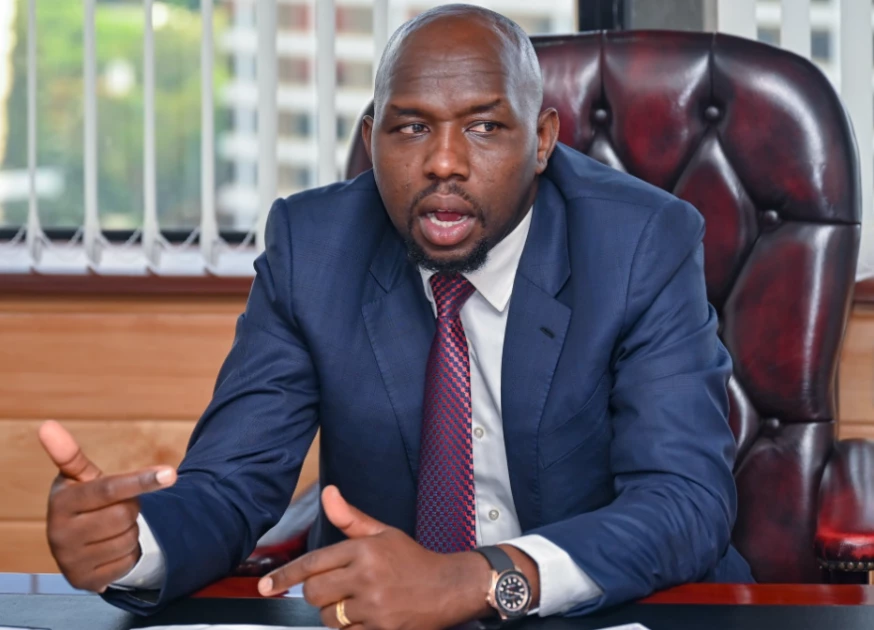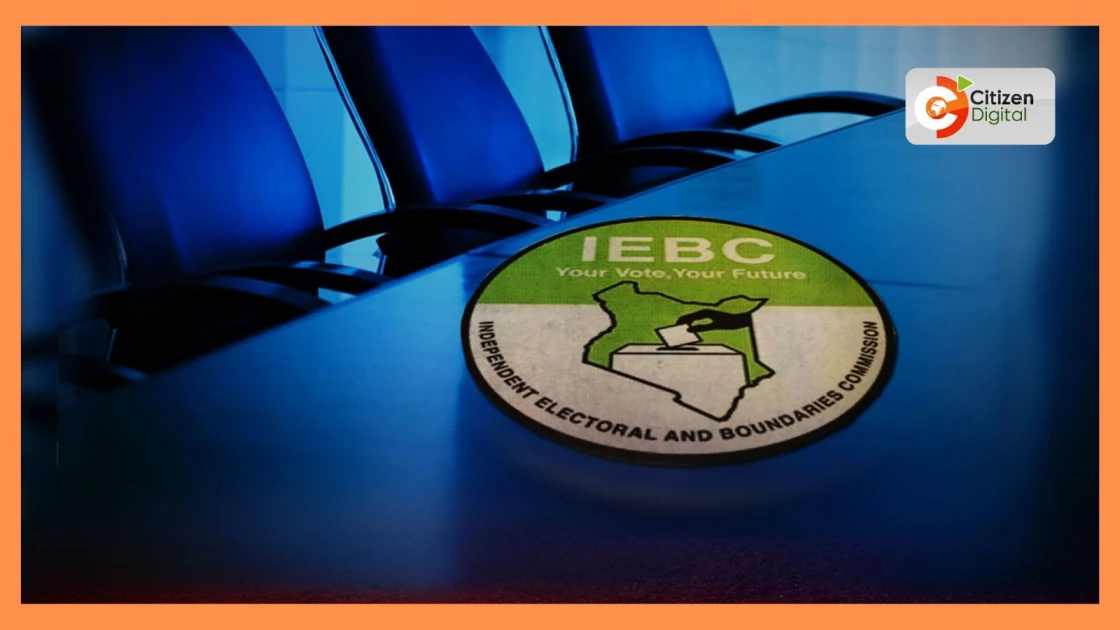The government of Kenya is exploring innovative ways to raise resources for the upcoming Ksh.4 trillion budget, which will be presented on Thursday by the National Treasury Cabinet Secretary. One significant proposal comes from Transport CS Kipchumba Murkomen, who suggests increasing the road maintenance levy on petrol and diesel. This move could see fuel prices surge to around Ksh.200 per litre.
CS Murkomen advocates for the levy increase due to growing demands for road maintenance. He proposes an additional Ksh.7 per litre, which he believes will help bridge the funding gap for road infrastructure in the coming years. “We have increased the road maintenance levy by Ksh.7 to expand road maintenance and construction,” Murkomen stated.
Background and Current Situation
The Kenya Roads Board had initially proposed raising the road maintenance levy by Ksh.5 over five years, aiming to reach Ksh.23 per litre. However, Murkomen pushes for an earlier implementation, citing a decline in global fuel prices as a favorable condition.
Currently, petrol retails at Ksh.192.84 per litre, and diesel just under Ksh.179. With the proposed levy increase, petrol would cost Ksh.199.84 per litre, and diesel Ksh.186 in Nairobi. This would mean that taxes on petrol would constitute 81% of the landed cost, while taxes on diesel would account for 71%.
Financial Implications
Out of the current Ksh.18 collected from the fuel levy, Ksh.15 is allocated for road maintenance, rehabilitation, and development. The government projected to collect Ksh.88 billion from this levy in the current year. With over 239,000 kilometers of road network, of which only 11% is tarmacked, the need for maintenance is substantial.
Murkomen notes that road maintenance needs have doubled recently, projecting a requirement of Ksh.786 billion over the next five years, against budgeted resources of Ksh.471 billion, leaving a deficit of Ksh.315 billion. By increasing the fuel levy by Ksh.7, total collections could grow by Ksh.32 billion annually, providing essential funds for road maintenance.
Challenges and Additional Proposals
The proposal comes amid widespread objections from motorists and vehicle owners to other measures in the Finance Bill, including a motor vehicle tax of 2.5%, which could generate up to Ksh.58 billion for the government. Motorists currently bear multiple costs, including importation taxes, fuel taxes, taxes on spare parts, and mandatory vehicle insurance.
The Finance Bill also proposes an Eco Levy, impacting various products including motor vehicle parts. In budget provisions approved by the National Assembly, Ksh.199 billion is earmarked for the roads department, with Ksh.127 billion for capital expenditure. However, CS Murkomen argues that this allocation is insufficient to meet the country’s needs.
Conclusion
As the government seeks to finance its ambitious Ksh.4 trillion budget, the proposed increase in the road maintenance levy highlights the creative yet controversial measures being considered. The outcome of these proposals will significantly impact fuel prices, road infrastructure funding, and the broader economic landscape in Kenya.
4o


